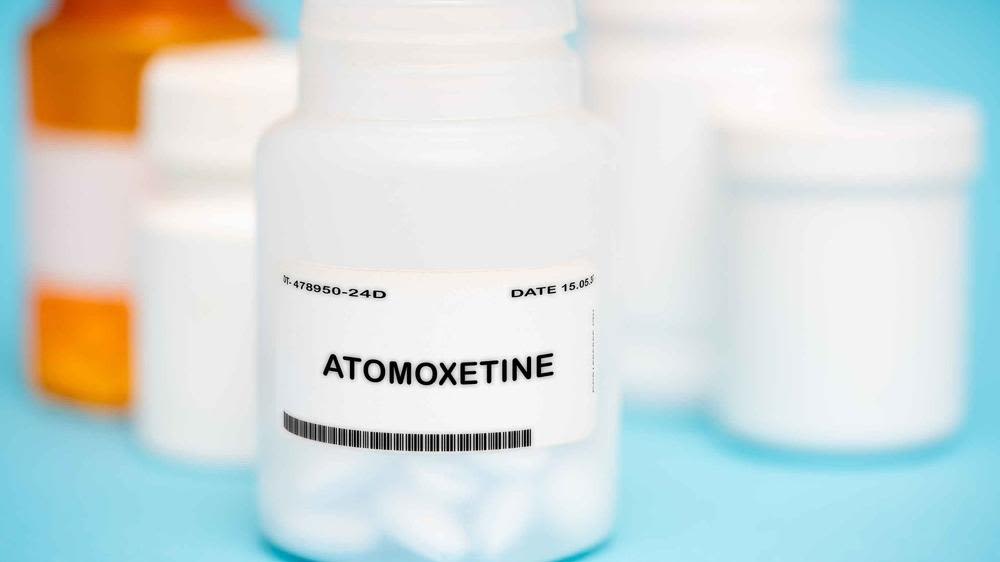

A comparative review of available ADHD treatments, funded by the National Institute for Health and Care Research (NIHR) via a Research for Patient Benefit grant to Professor Samuele Cortese, NIHR Research Professor at the University of Southampton and senior co-author on the paper, provides the most comprehensive analysis to date of the effectiveness of pharmacological, psychological and neurostimulatory treatments for ADHD.
The paper, also supported by NIHR Applied Research Collaboration Oxford and Thames Valley, published in The Lancet Psychiatry, highlights that stimulants and atomoxetine are the only treatments with proven efficacy in reducing symptoms of ADHD in adults, as reported by both clinicians and patients.
The landmark study sets a new benchmark for evidence-based treatment recommendations for healthcare providers and policymakers and paves the way for future advancements in ADHD care.
This review collated and analysed data from 113 randomised controlled trials involving over 14,800 participants from different countries with a diagnosis of ADHD. The study assessed the efficacy of treatments in reducing core ADHD symptoms, alongside their acceptability and safety.
Stimulants, a group of medicines that stimulate parts of the brain to improve concentration and attention, and reduce impulsive and hyperactive behaviour, include methylphenidate, lisdexamfetamine, and dexamfetamine.
The drug atomoxetine works differently to stimulants as a selective noradrenaline reuptake inhibitor (SNRI), which increases the amount of a chemical in the brain called noradrenaline which can aid concentration and help control impulses.
Read the full story on the Department of Psychiatry website.
more recommended stories
 Human Antibody Drug Response Prediction Gets an Upgrade
Human Antibody Drug Response Prediction Gets an UpgradeKey Takeaways A new humanized antibody.
 Pancreatic Cancer Research: Triple-Drug Therapy Success
Pancreatic Cancer Research: Triple-Drug Therapy SuccessKey Summary Spanish researchers report complete.
 Immune Cell Epigenome Links Genetics and Life Experience
Immune Cell Epigenome Links Genetics and Life ExperienceKey Takeaway Summary Immune cell responses.
 Dietary Melatonin Linked to Depression Risk: New Study
Dietary Melatonin Linked to Depression Risk: New StudyKey Summary Cross-sectional analysis of 8,320.
 Chronic Pain Linked to CGIC Brain Circuit, Study Finds
Chronic Pain Linked to CGIC Brain Circuit, Study FindsKey Takeaways University of Colorado Boulder.
 New Insights Into Immune-Driven Heart Failure Progression
New Insights Into Immune-Driven Heart Failure ProgressionKey Highlights (Quick Summary) Progressive Heart.
 Microplastic Exposure and Parkinson’s Disease Risk
Microplastic Exposure and Parkinson’s Disease RiskKey Takeaways Microplastics and nanoplastics (MPs/NPs).
 Sickle Cell Gene Therapy Access Expands Globally
Sickle Cell Gene Therapy Access Expands GloballyKey Summary Caring Cross and Boston.
 Reducing Alcohol Consumption Could Lower Cancer Deaths
Reducing Alcohol Consumption Could Lower Cancer DeathsKey Takeaways (At a Glance) Long-term.
 NeuroBridge AI Tool for Autism Communication Training
NeuroBridge AI Tool for Autism Communication TrainingKey Takeaways Tufts researchers developed NeuroBridge,.

Leave a Comment